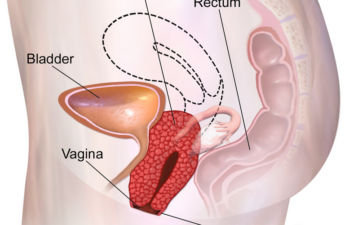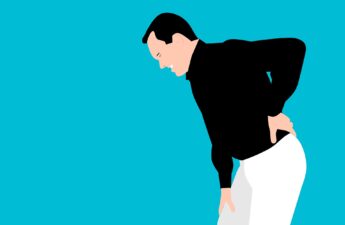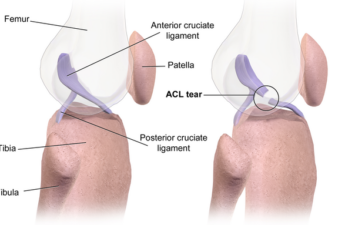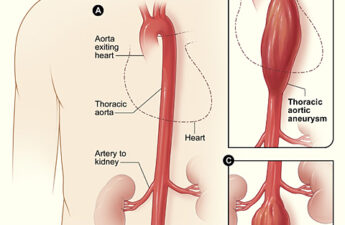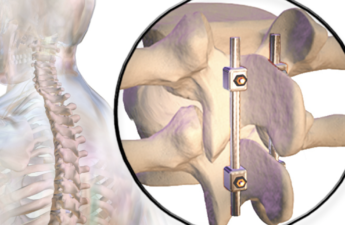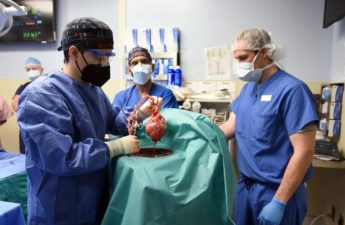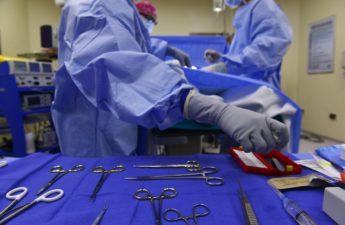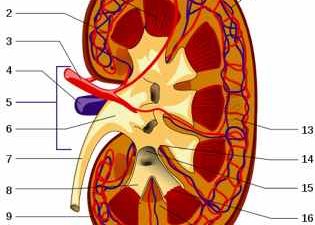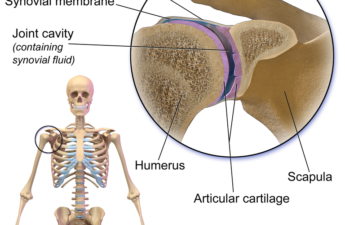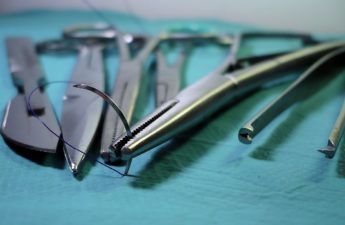Category: Surgery
What is pelvic organ prolapse and how is it treated?
Pelvic organ prolapse can be distressing or embarrassing and interfere with everyday activities. But it’s also common. For many women treatment is simple, effective and doesn’t involve surgery.
Infections after surgery are more likely due to bacteria already on your skin than from microbes in the hospital − UW researchers find
Research comparing bacteria in the microbiome – those colonizing our noses, skin and other areas of the body – with the bacteria that cause pneumonia, diarrhea, bloodstream infections and surgical site infections shows that the bacteria living innocuously on our own bodies when we’re healthy are most often responsible for these bad infections when we’re sick.
Transgender regret? Research challenges narratives about gender-affirming surgeries
Harry Barbee, Johns Hopkins University; Bashar Hassan, Johns Hopkins University, and Fan Liang, Johns Hopkins University You’ll often hear lawmakers, activists and pundits argue that many transgender people regret their decision to have gender-affirming surgeries – a belief that’s been…
Surgery won’t fix my chronic back pain, so what will?
Treatments offered to people with chronic pain include strong pain medicines such as opioids and invasive procedures such as spinal cord stimulators or spinal fusion surgery. Unfortunately, these treatments have little if any benefit and are associated with a risk of significant harm.
Female football players are at much higher risk of career-ending ACL injuries – the science on why
Females have a wider pelvis relative to leg length, which results in increased angulation at the knee. The shape of the bones is also different in women in that the ACL passes through a narrower space to attach to the thigh bone, which may make it more susceptible to injury. The actual size of the ACL is also often smaller in females, so may be less able to withstand high forces.
Sports journalist Grant Wahl died of an aortic aneurysm — here’s what it is
Although the exact aneurysm Grant suffered is relatively uncommon, it is very dangerous if not caught in an early stage when it can be managed.
Three orthopedic surgeries that might be doing more harm than good
What most people don’t know is that many common orthopaedic surgeries are not better for reducing pain than non-surgical alternatives that are both cheaper and safer, such as exercise programs.
Can an equation be racist?
Medical algorithms that correct for gender, age, comorbidities, and race span specialties from nephrology to cardiology to pediatrics to obstetrics. Such calculators help guide practitioners in daily decisions about everything from drug dosages to surgery to organ transplants. But race modifiers especially raise problems, since race is often an imprecise proxy for actual ancestry.
The journey to a pig-heart transplant began 60 years ago
On Friday, January 7 2022, David Bennett became the world’s first person to successfully receive a transplant of a pig’s heart. The eight-hour-long operation by surgeons at the University of Maryland Medical Center in Baltimore, USA, was no doubt arduous. But it was a short final step in a 60-year-long journey to genetically alter the pig’s heart so that it would not be immediately rejected – a journey that began with a plane crash in Oxford in the summer of 1940.
Medical errors keep killing patients – Here’s how to reduce the death toll.
It’s estimated that up to 400,000 Americans die every year from medical mistakes.
Organ Centers to Transplant Patients: Get a Covid Shot or Move Down on Waitlist
A growing numbers of transplant programs have chosen to either bar patients who refuse to take the widely available covid vaccines from receiving transplants, or give them lower priority on crowded organ waitlists.
How your doctor describes your medical condition can encourage you to say ‘yes’ to surgery when there are other options
People told they had a “rotator cuff tear” wanted shoulder surgery the most
Many Health Providers on Brink of Insolvency
The coronavirus pandemic has driven down revenues of many clinics, community centers and other non-hospital providers.
Cancer Surgeries and Organ Transplants Are Being Put Off for Coronavirus. Can They Wait?
The elective procedures being postponed because of coronavirus aren’t all optional, but cancer patients and organ recipients are being forced to wait.
How lifesaving organs for transplant go missing
In a nation where nearly 113,000 people are waiting for transplants, scores of organs — mostly kidneys — are discarded after they don’t reach their destination in time.
